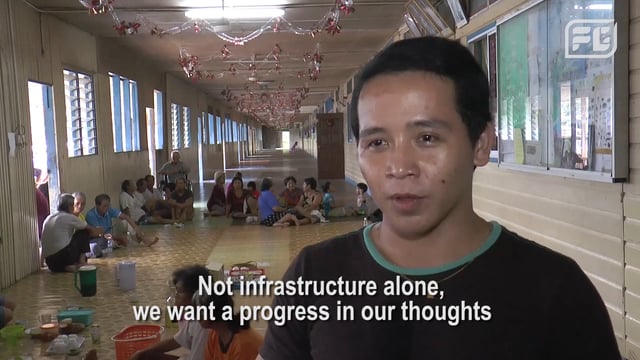Currently, those who are caught dealing with child trafficking or prostitution in Malaysia are charged under the Child Act, a series of laws meant to provide protection for children in need.
Although the Child Act was amended recently, the punishment for sexually abusing a child is simply a fine of RM50,000 and/or no more than 15 years in jail, a small price to pay for such a heinous crime.
In addition, prosecuting paedophiles and child abusers in Malaysia is difficult due to the common citizen’s lack of awareness and a culture that encourages “hushing up” these kind of events. The arrest of paedophile Richard Huckle last year caused massive outrage when it was revealed that he had managed to sexually abuse hundreds of young children before getting caught.
Unfortunately, the current laws are not enough to shut down all the traffickers working in this day and age. While the Child Act and Penal Code covers physical harm or abuse, some crimes fall into a gray area which makes it harder to prosecute.
The main problem is that while the government has signed the UN Convention on the Rights of the Child (CRC), Malaysia has NOT implemented the Optional Protocol on the sale, prostitution and pornography of children. There are also currently no laws concerning crimes conducted against children online, which is concerning as children are particularly vulnerable to online predators who may sexually “groom” the child without ever meeting them in person.
In an interview with R.AGE last year, Unicef Malaysia representative Marianne Clark-Hattingh noted that legislation in Malaysia needs to be updated in order to keep up with the rapid development of communication and multimedia technology.
“Online abuse and exploitation most often takes place in the deep privacy of the mobile phone, the computer, or any other electronic device. It can move anonymously from the private to the public sphere, and across countries and borders, quickly,” she said.









